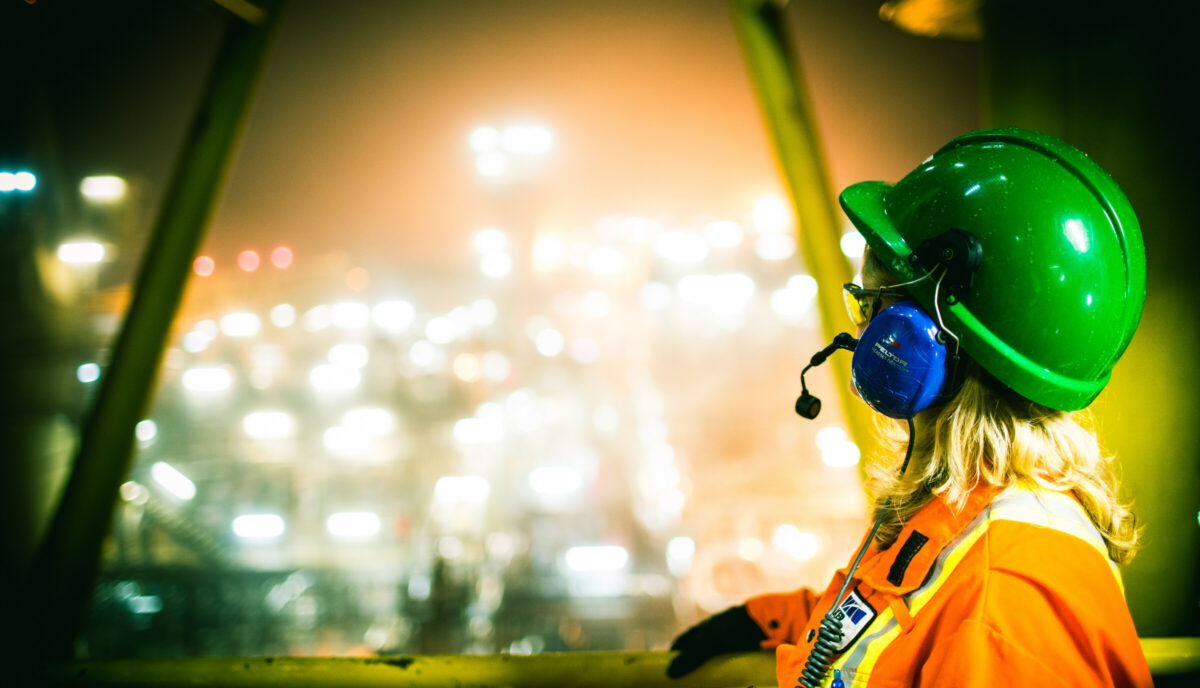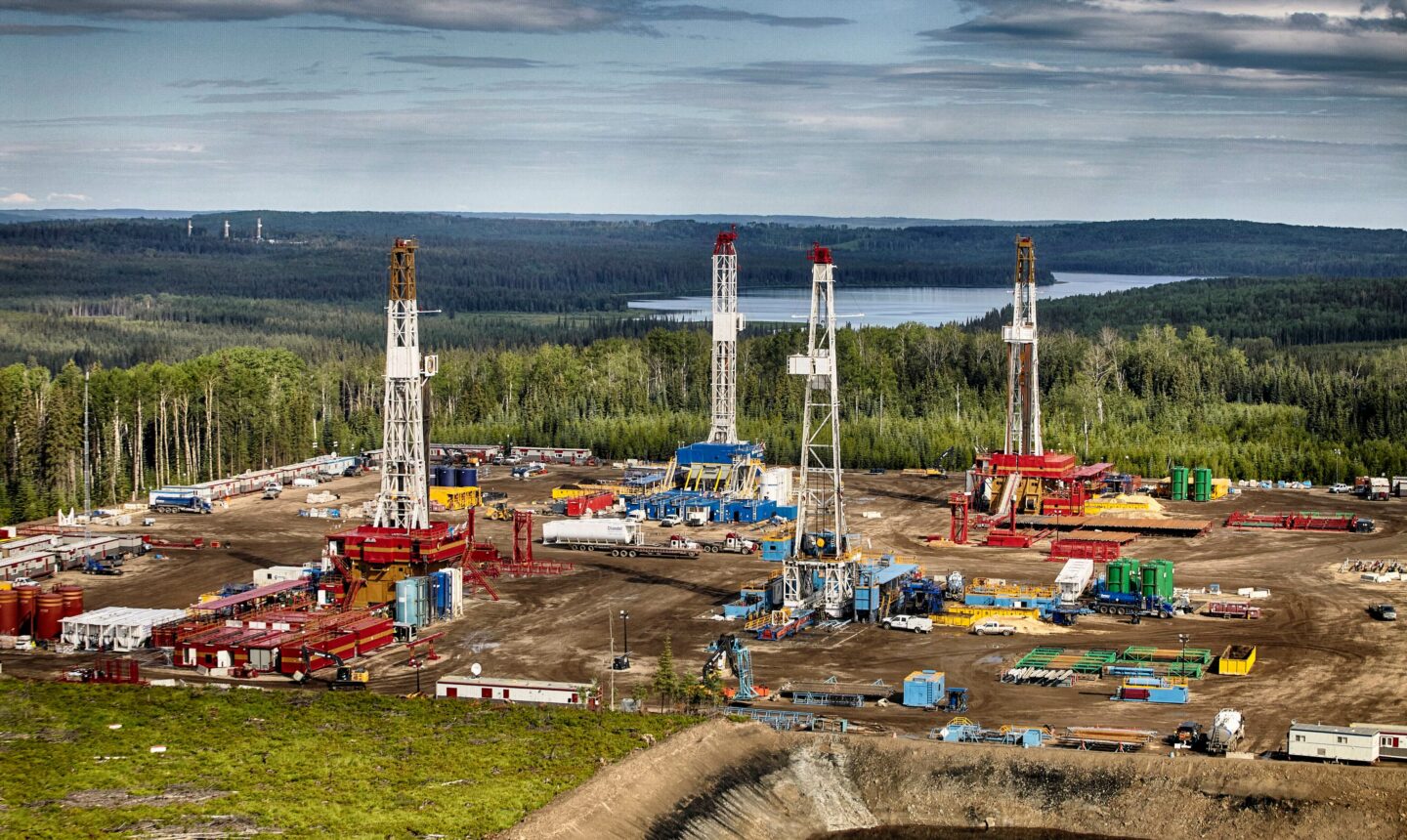
CAPP Data Centre
Central access hub for information and data on Canada's oil and natural gas sector
Read More
Safe, reliable, and affordable energy for Canadians and the world

Central access hub for information and data on Canada's oil and natural gas sector
Read More
The Canadian Association of Petroleum Producers (CAPP) is forecasting capital expenditures for the upstream oil and natural gas sector will reach $40.6 billion in 2024, rising slightly from an estimated actual investment of $39 billion for 2023.

Mar 14, 2024 (Calgary, Alberta) “Additional natural gas corridors are integral to unlocking Canada’s potential as a global supplier of responsibly produced liquefied natural gas (LNG). The sale of the Prince Rupert Gas Transmission Project to the Nisga’a Nation and Western LNG is another example of the integral role Indigenous leadership is playing in advancing […]

From 2012 to 2021, conventional natural gas and oil producers lowered their absolute scope 1 carbon dioxide equivalent (CO2e) emissions by 24 percent while growing total production by 21 percent.